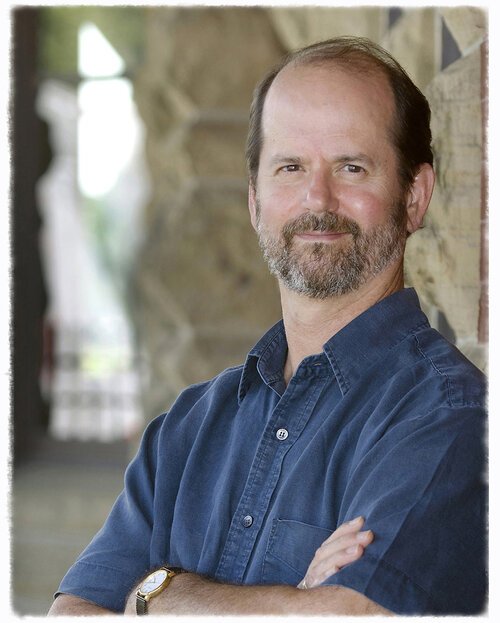Hilde Domin,
translated by Mark S. Burrows
Winter
Die Vögel, schwarze Früchte
in den kahlen Ästen.
Die Bäume spielen Verstecken mit mir,
ich gehe wie unter Leuten
die ihre Gedanken verbergen
und bitte die dunklen Zweige
um ihre Namen.
Ich glaube, daß sie blühen werden
—innen ist grün—
daß du mich liebst
und es verschweigst.
Winter
Birds, black fruit
in bare branches.
The trees play hide and seek with me.
I wander as if among people
who hide their thoughts
and ask the dark boughs
their names.
I believe that they’ll blossom
—inside is green—
that you love me
and conceal it.
Alle meine Schiffe
Alle meine Schiffe
haben die Häfen vergessen
und meine Füße den Weg.
Es wird nicht gesät und nicht geerntet
denn es ist keine Vergangenheit
und keine Zukunft,
kaum eine Bühne im Tag.
Nur der kleine
zärtliche Abstand
zwischen dir und mir,
den du nicht verminderst.
All My Ships
All my ships
have forgotten about harbors
and my feet the way.
There will be no planting and no harvesting
because there is no past
and no future,
hardly a stage during the day.
Only a small
tender gap
between you and me,
which you don’t diminish.
Ziehende Landschaft
Man muß weggehen können
und doch sein wie ein Baum:
als bliebe die Wurzel im Boden,
als zöge die Landschaft und wir ständen fest.
Man muß den Atem anhalten,
bis der Wind nachläßt
und die fremde Luft um uns zu kreisen beginnt,
bis das Spiel von Licht und Schatten,
von Grün und Blau,
die alten Muster zeigt
und wir zuhause sind,
wo es auch sei,
und neidersitzen können und uns anlehnen,
als sei es an das Grab
unserer Mutter.
Pulling Landscape
One must be able to depart
yet remain like a tree:
as if rooted in the ground,
as if the landscape pulled and we stood still.
One must hold one’s breath
until the wind abates
and the strange air about us begins to stir,
until the game of light and shadows,
green and blue,
shows the old pattern
and we find ourselves home again
wherever that might be,
and can sit down and lean back
as if on the grave
of our mother.
Lyrik
das Nichtwort
ausgespannt
zwischen
Wort und Wort.
Poetry
the not-word
stretched out
between
word and word.
(These poems are from The Wandering Radiance: Selected Poems of Hilde Domin.)
Also translated by Mark S. Burrows: four poems by SAID
photo: Mathias Michaelis
Hilde Domin, born Hildegard Dina Löwenstein in Cologne on July 27, 1909, was a German writer, poet, and essayist. Domin became known primarily for her poetry, which was influenced by her time in exile and loss of homeland. A poet of Jewish heritage, she fled political developments in Germany in 1932. Domin spent more than twenty years of her life in various countries including the Dominican Republic, which became her self-chosen namesake. After returning home to Germany from exile she became known as the “poet of return” and received numerous honors for her literary work, including the Carl Zuckmayer Medal, the Nelly Sachs Prize, and the Grand Federal Cross of Merit. Domin died in Heidelberg on February 22, 2006, at the age of 96.
Mark S. Burrows is a poet, scholar, teacher, and award-winning translator of German poetry. His recent books include The Chance of Home. Poems (2018) and two collections inspired by the writings of the medieval mystic Eckhart: Meister Eckhart’s Book of the Heart and Meister Eckhart’s Book of Secrets (both co-written with Jon M. Sweeney; 2017 & 2019). His translation of Rilke’s Prayers of a Young Poet is the only English edition of poems Rilke later entitled The Book of Monastic Life and included as Part I of The Book of Hours. Burrows edits poetry for the journal Spiritus and for Wildhouse Publications. Forthcoming works include the first volume of Hilde Domin’s poems in English translation, The Wandering Radiance: Selected Poems of Hilde Domin (Green Linden Press). He lives and writes in Camden, ME. www.msburrows.com
ISSN 2472-338X
© 2022


